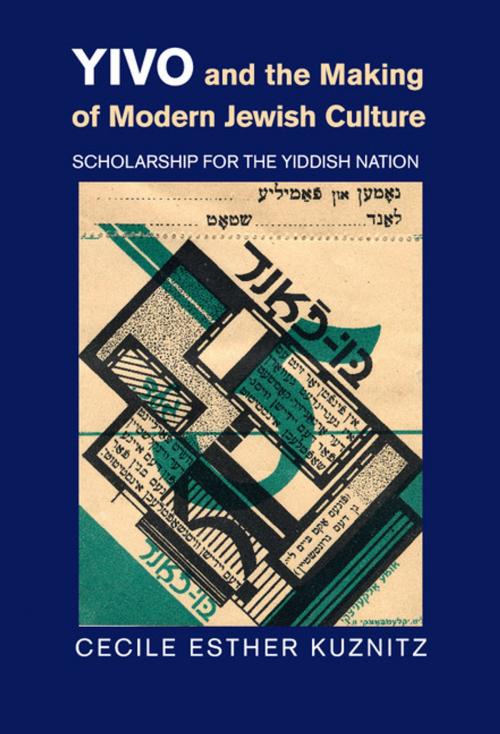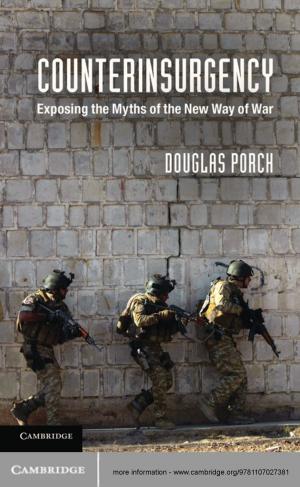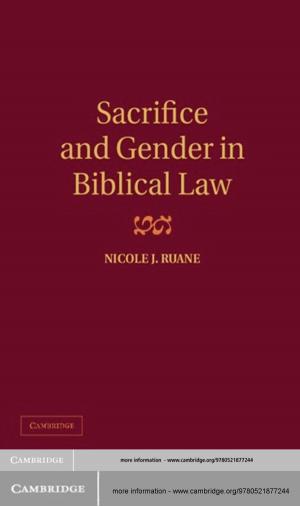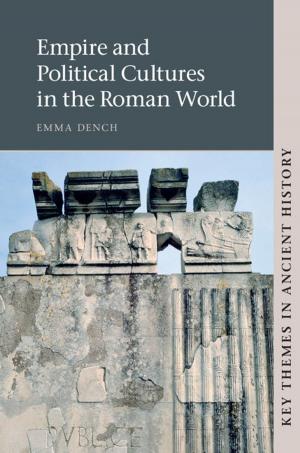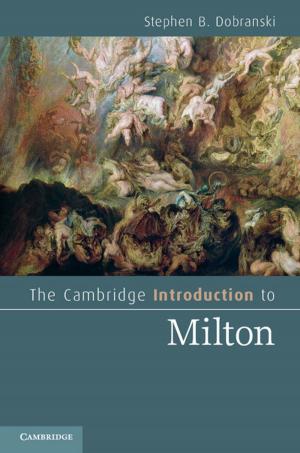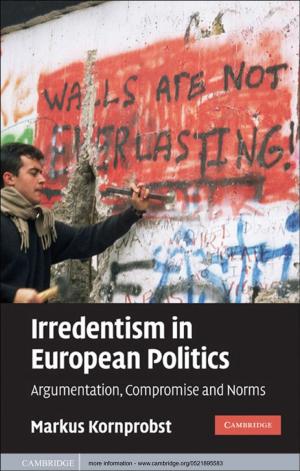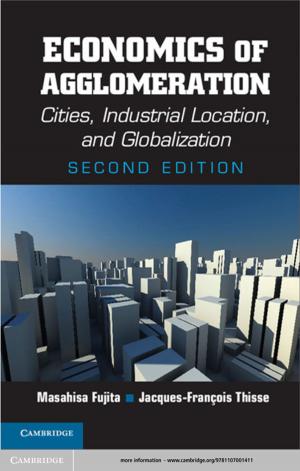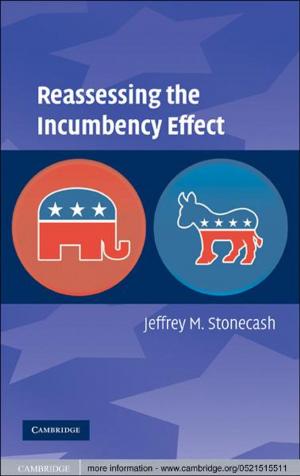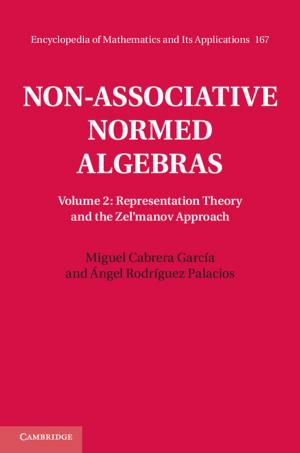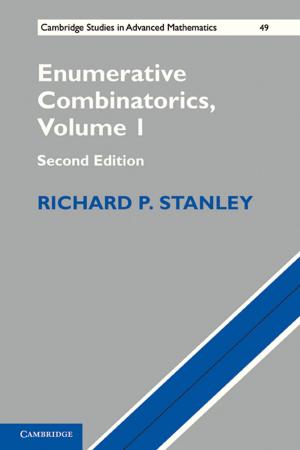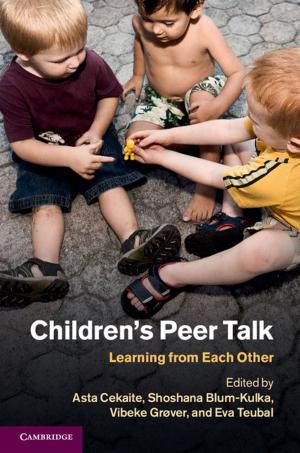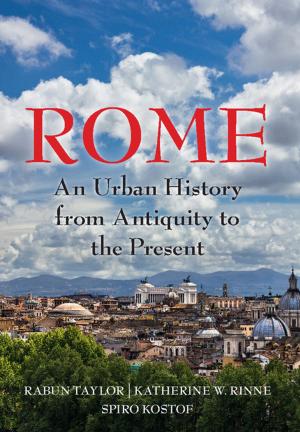YIVO and the Making of Modern Jewish Culture
Scholarship for the Yiddish Nation
Nonfiction, History, European General, Social & Cultural Studies, Social Science| Author: | Professor Cecile Esther Kuznitz | ISBN: | 9781139861649 |
| Publisher: | Cambridge University Press | Publication: | April 21, 2014 |
| Imprint: | Cambridge University Press | Language: | English |
| Author: | Professor Cecile Esther Kuznitz |
| ISBN: | 9781139861649 |
| Publisher: | Cambridge University Press |
| Publication: | April 21, 2014 |
| Imprint: | Cambridge University Press |
| Language: | English |
This book is the first history of YIVO, the original center for Yiddish scholarship. Founded by a group of Eastern European intellectuals after World War I, YIVO became both the apex of secular Yiddish culture and the premier institution of Diaspora Nationalism, which fought for Jewish rights throughout the world at a time of rising anti-Semitism. From its headquarters in Vilna, Lithuania, YIVO tried to balance scholarly objectivity with its commitment to the Jewish masses. Using newly recovered documents that were believed destroyed by Hitler and Stalin, Cecile Esther Kuznitz tells for the first time the compelling story of how these scholars built a world-renowned institution despite dire poverty and anti-Semitism. She raises new questions about the relationship between Jewish cultural and political work, and analyzes how nationalism arises outside of state power.
This book is the first history of YIVO, the original center for Yiddish scholarship. Founded by a group of Eastern European intellectuals after World War I, YIVO became both the apex of secular Yiddish culture and the premier institution of Diaspora Nationalism, which fought for Jewish rights throughout the world at a time of rising anti-Semitism. From its headquarters in Vilna, Lithuania, YIVO tried to balance scholarly objectivity with its commitment to the Jewish masses. Using newly recovered documents that were believed destroyed by Hitler and Stalin, Cecile Esther Kuznitz tells for the first time the compelling story of how these scholars built a world-renowned institution despite dire poverty and anti-Semitism. She raises new questions about the relationship between Jewish cultural and political work, and analyzes how nationalism arises outside of state power.
